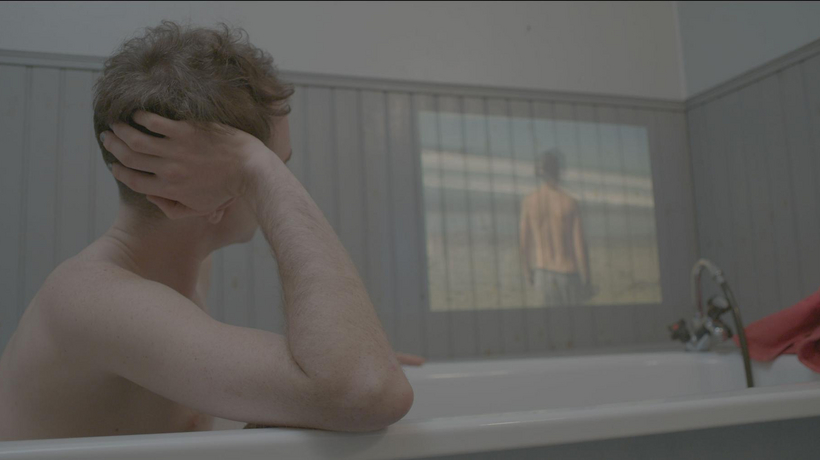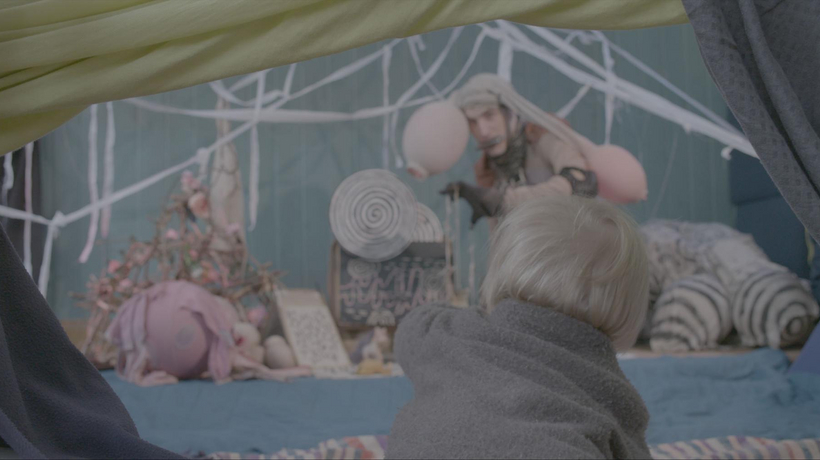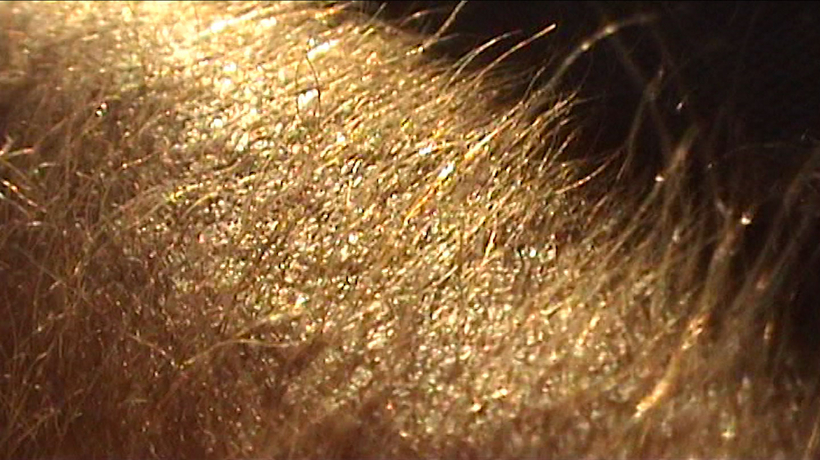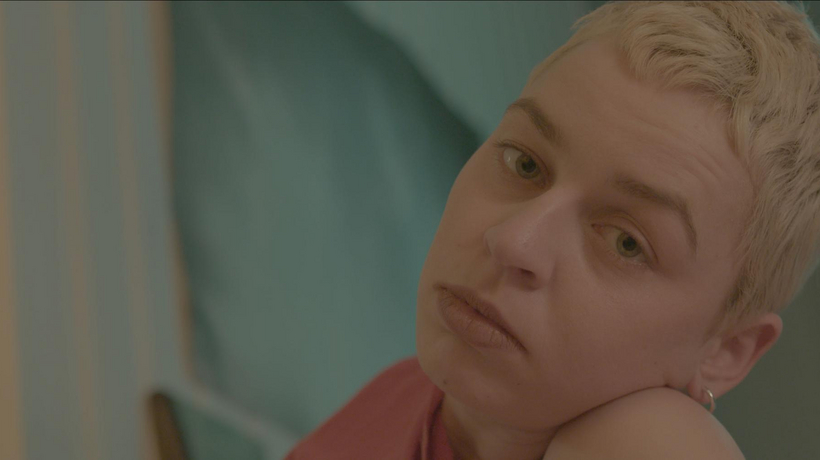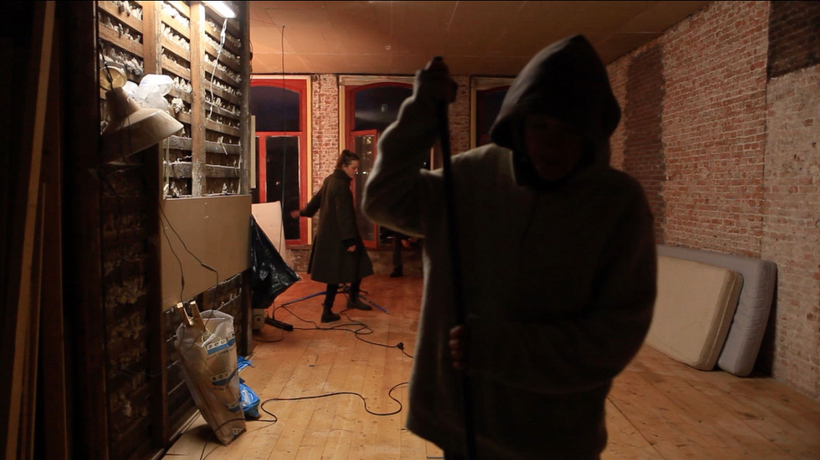Stephen Graves
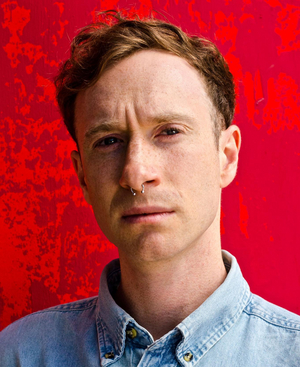
Stephen Graves was born in 1989 in New York City and grew up in St. Petersburg, Florida. Since infancy he was exposed to painting and swimming - foundations which have nurtured his explorations across various artistic and somatic disciplines. He graduated Oberlin College in 2011 with a BA in Comparative Literature. The following year he completed his first feature film, A Body Without Organs, which he directed, filmed, and edited. A Body without Organs premiered at the Chicago Underground Film Festival, where it won the festival’s top prize, the Most Visionary Film Award. He currently lives in Amsterdam, working on a collaborative film about squatting and the afterlives and resilience of the city’s autonomous social movements, and developing a dramatic narrative screenplay for an original story about love, crime, and insurrection.
Artist statement
Practicing across, through and beyond presently-identified filmic mediums, genres, styles and methods, my work engages subjects which are near to me, thematising the constructedness of (my) point of view, experiences and positions.
Moving from the personal through the intimate to the political, my work swirls around the intersection between artistic and political practice, errantly tracing the contours of auto ethnography, diary filmmaking, experimental documentary, archival collage film and dramatic narrative cinema.
Currents of rupture and disruption course through my work: negativity, criticality, resilience and emergence.
Collaboration and Authorship
My research revolves around the relationship between authorship and collaboration in and through cinema, where authorship is conceptualised as the artistic expression of subjectivity. How do diverse modes and methods of participatory filmmaking affect the positions of authorship of the participants? How do we facilitate the conditions for thinking and working together in consensual and mutually enriching ways? Can participatory filmmaking practices help us to deconstruct existent matrixes of oppression and domination in order to imagine, pre-view and pre-enact in the present, safer, more emancipated spaces for the free expression and experimentation in ex-centric forms of life?
I view this cinematic research as allegorical to broader questions of difference, opacity and subjectivity, as they pertain to organizing new social and political structures.
Forms of Available Love (Work in Progress)
In February of this year, I organized a ten-day experiment in participatory filmmaking. Together with nine collaborators, I resided at a secluded former schoolhouse in the forest of Småland, Sweden, working on realising my film script. The film, Forms of Available Love, is a mixed genre hybrid, combining scripted footage shot on set in Sweden with diary films from my personal archive. Forms of Available Love is an experimental, poetic allegory for the fragmentary and multiple nature of the self, where memory is circuitous, persistent and always lived in the present.
